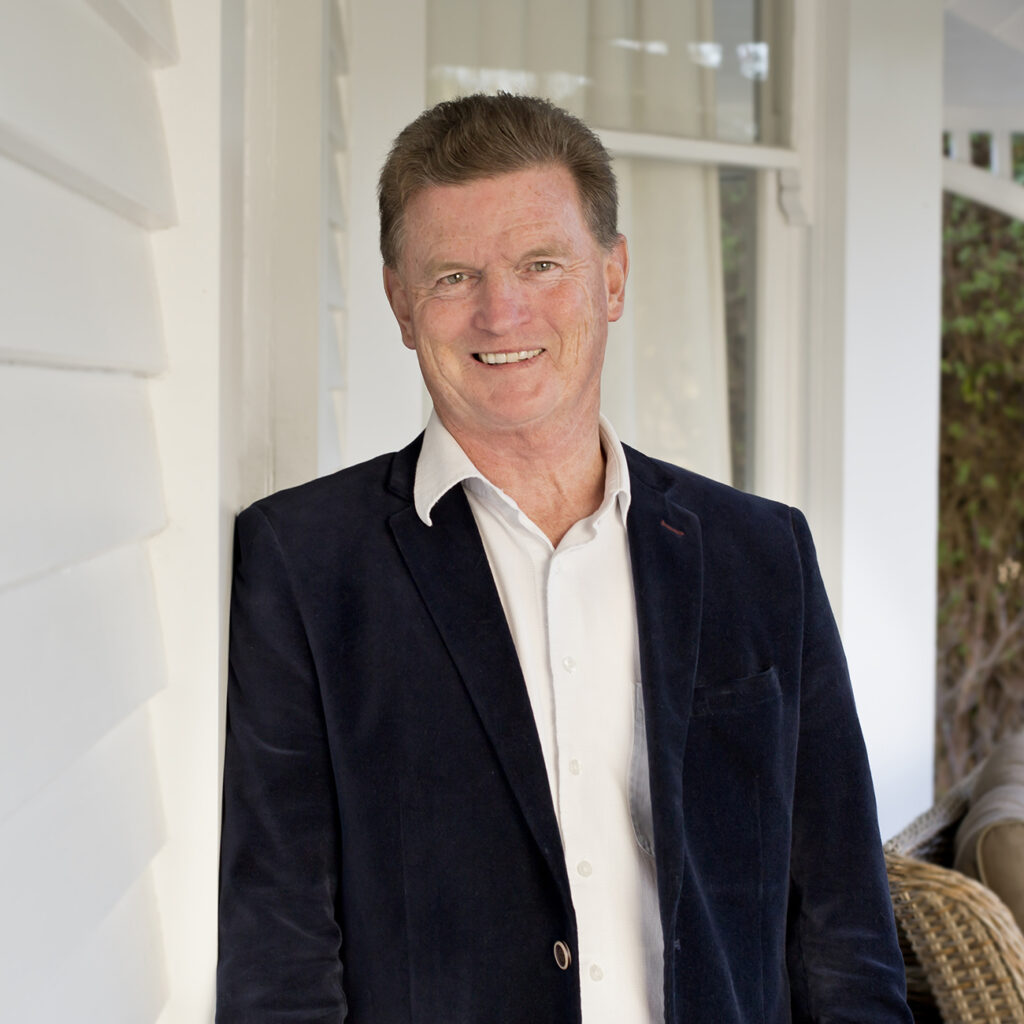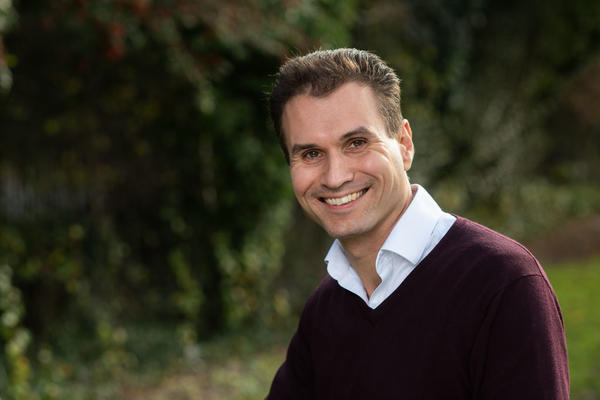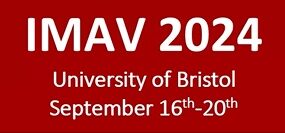This year’s IMAV 2024 conference and competition will take place from Sept. 16th till Sept. 20th in Bristol, UK. The full conference program is now available below.
Keynote Speakers
We are delighted to announce the first of our keynote speakers as Professor Ulrik Pagh Schultz Lundquist.

WildDrone: The WildDrone project aims to revolutionize wildlife conservation practices by using autonomous drone technology as a unifying platform to monitor wildlife populations, track their movements, and manage human-wildlife conflicts. In this talk Professor Pagh Schultz Lundquist will give an overview of the WildDrone network, research and training activities, the interdisciplinary methodology, and the specific drone-related research currently taking place in the project.
Professor Ulrik Pagh Schultz Lundquist is Professor and Head of Center for SDU UAS, the drone center at University of Southern Denmark. He is currently coordinator of the WildDrone Marie Curie Network and is interested in the design and implementation of aerial, mobile, and self-organizing robotic systems with a focus on the use of high-level software abstractions to achieve safety, reliability, and robustness.
We are delighted to announce Richard Green as a new keynote speakers for the conference.

Enabling UAVs to use tools in complex dynamic environments: Close-proximity operation of UAVs using tools in outdoor environments requires a level of control precision (sub centimetre) and position estimation robustness/accuracy beyond what is currently possible. We will discuss our approaches to solve this by improving multirotor UAV position control precision, especially in windy conditions – and by significantly increasing the robustness/accuracy of visual-inertial position/orientation estimation in difficult environments. Our progress is evidenced by a fully autonomous UAV using tools to prune pine trees, prune branches near power lines, harvest catkins, test power-line joints – and working towards using tools (e.g. screwdriver) in construction applications.
Richard Green has been lecturing in computer science at the University of Canterbury since 2014 after running his own successful software startup in Sydney. With over 200 refereed publications, Richard heads the Computer Vision Research Lab with an emphasis on autonomous robot vision/deep learning (robots/UAVs/underwater robots). Richard has led numerous successful MBIE funded projects, including an autonomous robot-vine-pruner project and an autonomous forest-pruning-drone project, and currently leads a $10m MBIE project for drones using precision tools along with a $6m MBIE project automating vineyard robots.
We are delighted to announce Simon Watson as a new keynote speakers for the conference.

MIMRee: Multi-Robot Inspection and Maintenance of Offshore Wind Turbine Blades: The inspection and maintenance of offshore wind turbine blades is critical to long-term operations, however their location makes human interventions hazardous and costly. UAVs have been used for remote visual inspections, however interventions are much more difficult. This presentation will showcase work on the remote deployment of ground-based robots for intervention missions by UAVs.
Dr Simon Watson is a Reader in Robotic Systems at the University of Manchester. His research is focused on the development of robotic platforms for the inspection of critical infrastructure assets in the net zero energy and urban infrastructure domains. He has developed aerial, aquatic and ground platforms for the nuclear, offshore wind and transportation sectors and was the co-founder of the spin-out company Ice9.
We are delighted to announce Graham Taylor as a new keynote speakers for the conference.

Bio-informed Guidance and Control: From Birds to Morphing Air Vehicles: Birds achieve manoeuvrability far exceeding that of fixed-wing vehicles by morphing their wings and tail to vary flight performance and exert fine control. Presenting data from many birds and thousands of flights recorded in a state-of-the-art motion capture lab, this talk will explore how birds optimize and control visually-guided behaviours like perching and collision avoidance. The problems that birds have adapted to solve are the same as faced by aerial robots in natural and built environments, so insights from birds have much to offer the design of uncrewed air systems – especially in the era of environmental robotics.
Professor Graham Taylor is Deputy Head of the Mathematical, Physical and Life Sciences Division at the University of Oxford, where he leads the Oxford Flight Group. His research focusses on the guidance, navigation and control of animal flight and its applications to autonomous systems, spanning lab, field and computational studies.

